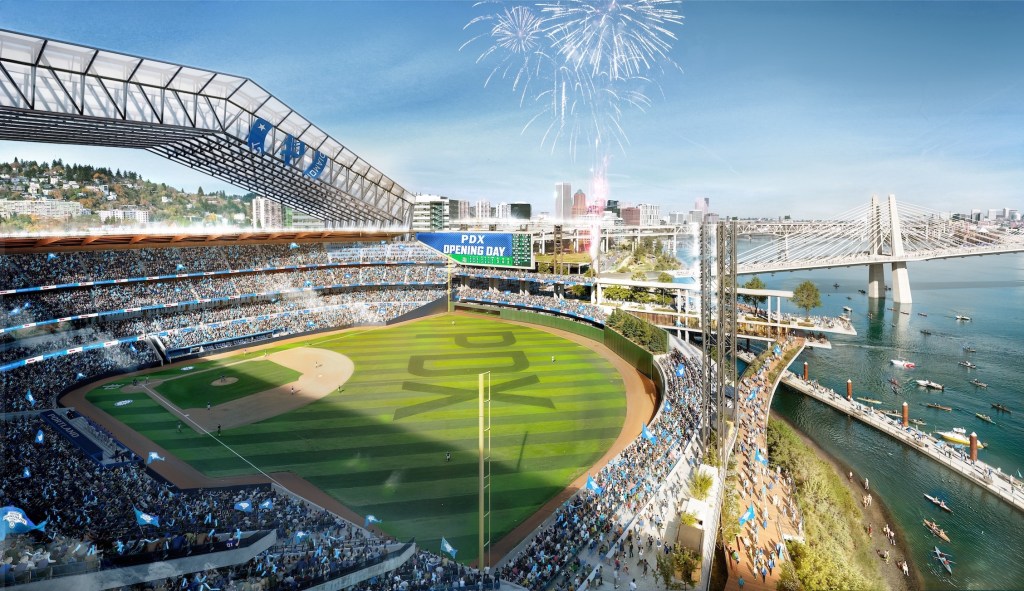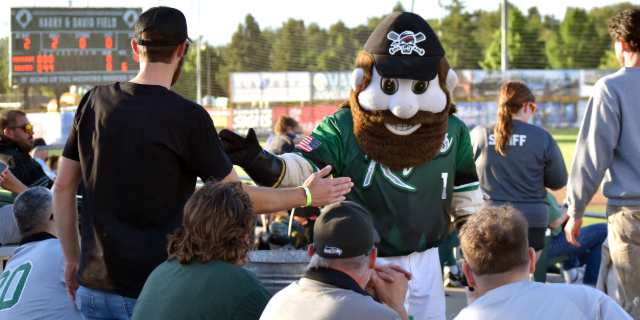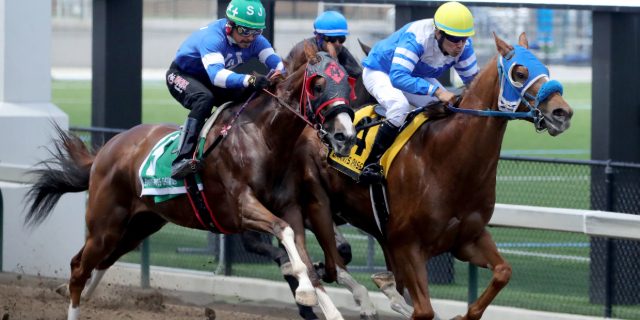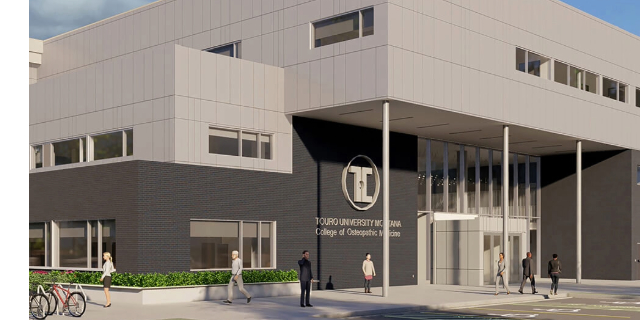Oregon House passes ‘jock tax’ bill to help fund MLB stadium, heads to Gov. Kotek next
Published 3:09 pm Tuesday, June 17, 2025

- A rendering of the potential MLB stadium in Portland proposed by the Portland Diamond Project in March 2025. (Courtesy photo: Portland Diamond Project)
Senate Bill 110, a measure aimed at helping fund a potential MLB stadium in the city of Portland, is one step away from coming to fruition after the Oregon House passed the bill 46-6 on Tuesday, June 17. The bill passed the Oregon Senate 24-5 back on April 17.
Backers of the bill, nicknamed as a “jock tax,” believe it will bring in $800 million to help fund the new stadium that the Portland Diamond Project has designed on the old Zidell Yards space between the Tillikum and Ross Island bridges on the west side of the South Waterfront.
The bill now moves to Gov. Tina Kotek, who is expected to sign it and allow the potential funding to flow. Rep. Daniel Nguyen (D-Lake Oswego and Southwest Portland) co-carried the bill on the House floor and chairs the House Committee on Economic Development, Small Business and Trade.
“Being able to continue making investments in strong education for our kids, affordable, accessible health care, and critical infrastructure is dependent on bills like SB 110 that unlock economic development opportunities that will stimulate our economy, re-energize small business and tourism, and boost our resources for years to come,” Nguyen said in a press release. “From the stadium design incorporating Oregon’s cross-laminated timber, to the site further activating Portland’s South Waterfront, to built-in labor protections for Oregon workers — this project is a grand slam for Oregon.”
SB 110 updates previous legislation that was passed in 2003, which allocated $150 million from income taxes paid by the baseball players and is becoming a more common avenue to fund sports ventures.
The update raises the ceiling to $800 million to help fund what is projected to be a $2 billion stadium. The designs for the stadium include a retractable roof and 32,000 seats. The idea is to use the facility throughout the year and not only for baseball games in the summer.
“SB 110 is a bill that everyone can support,” Sen. Mark Meek (D-Gladstone), chair of the Senate Finance and Revenue Committee, said in a press release. “Major League Baseball in Oregon means jobs, development, and long-term investment. With SB 110, we’re ready to compete, think big, and deliver.”
More specifically, a “jock tax” is levied on any visitor to a city or state who makes money from that place. However, tracking that is a difficult task except for professional athletes and team staff who have a public schedule of where and when they are at a location. SB 110 is aimed specifically at the potential MLB players and their spouses.
The easy victory for the bill comes with bipartisan support thanks to the avoidance of adding on new taxes to everyday taxpayers.
“Bringing Major League baseball to Oregon would create an economic boom our state is desperately in need of,” Rep. Christine Drazan (R-Canby) said in a press release. “As Oregon’s anti-business climate continues to drive away valuable companies, an MLB stadium would create an opportunity to boost statewide revenue, and also hold Portland leaders accountable for improving safety and quality of life.”
As for MLB expansion itself, it’s currently a long way out as commissioner Robert Manfred has stated he’d like potential expansion cities selected by 2029, the year he is planning to retire. Any new teams wouldn’t begin play until 2031.
However, MLB is dealing with two teams in the Athletics and Tampa Bay Rays playing in minor league stadiums this year with the A’s aiming to relocate to Las Vegas and the Rays awaiting a potential new stadium in St. Petersburg, Florida.
Those two stadium situations are a current hurdle for any expansion talk to heat up within the MLB office. The current 30 team owners would have to approve of expansion as well, with 75% of them in favor.
Manfred said expansion also would require one team in an Eastern time zone locale and the other to be in the Mountain or Pacific time zone.
Currently, Salt Lake City and Sacramento pose the biggest threat for Portland as the SLC pitch already has a strong ownership group in place, something Manfred outlined as a requirement. The Portland Diamond Project has declined to name the person planned to be the majority owner in Portland.
Sacramento is currently hosting the A’s and is planning to keep them there for two more seasons after 2025 as the team awaits the construction of a Las Vegas stadium, giving the city a three-year trial period.
“Today is an exciting moment for Oregon. Overwhelmingly passing SB 110 is more than securing funding support for a professional baseball stadium, this bill shows Major League Baseball Oregon is excited about America’s past time,” Portland Diamond Project Founder and President Craig Cheek said in a press release. “This is a perfect example of a public-private partnership. It’s been a long road, but we are excited for the next phase of this project. Portland Diamond Project would like to thank legislators for believing in our vision. No rest until opening day!”






